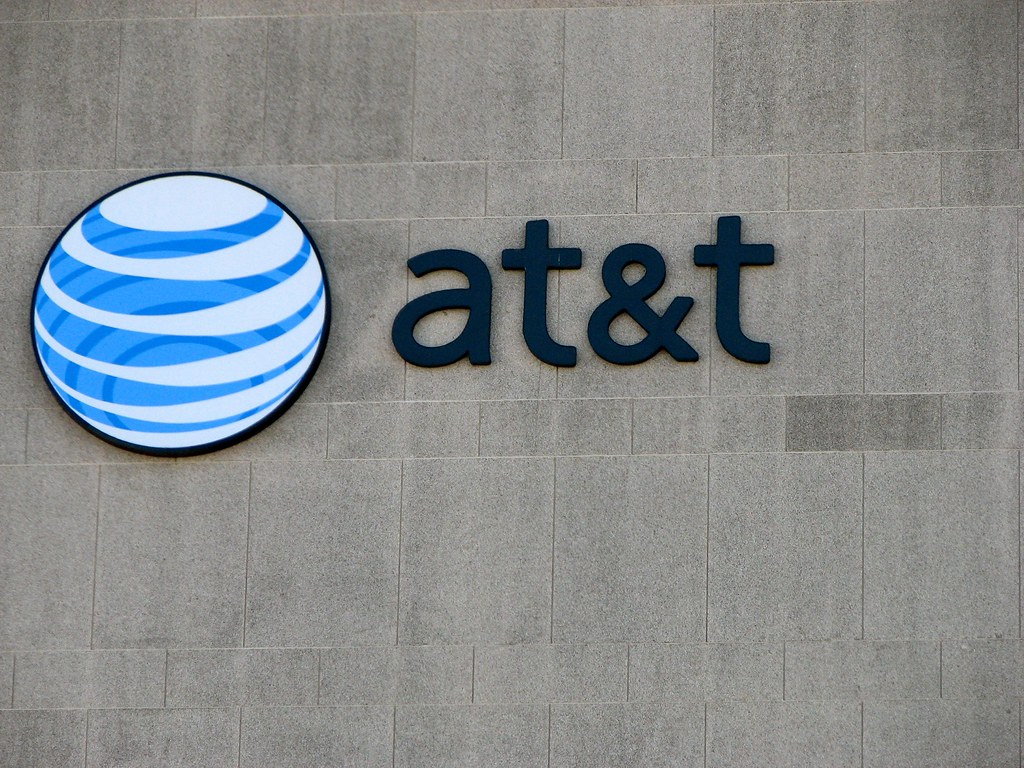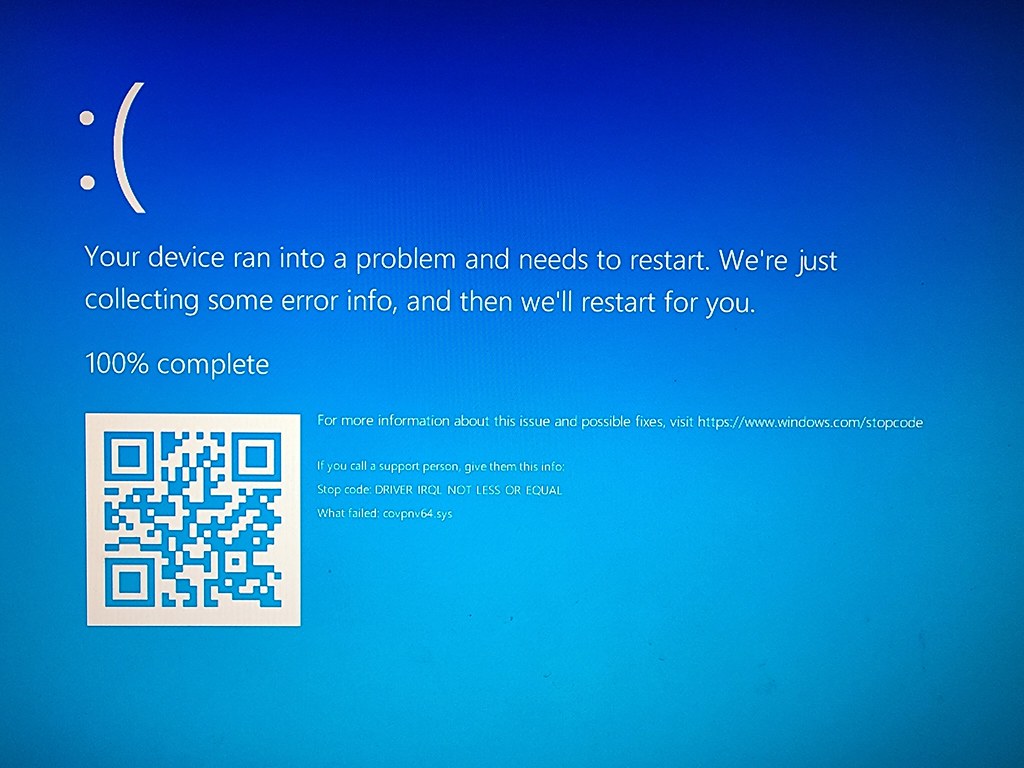AT&T is set to return to court facing charges related to its failure to protect user information, following an appeal that overturned part of a summary judgment in the company’s favor. This legal battle centers on the high-profile case involving crypto investor Michael Terpin, who sued a recent high school graduate for stealing $24 million worth of cryptocurrency through a SIM swap scheme.
The controversy began in 2018 when Ellis Pinsky, then just 15 years old, and an accomplice, bribed an AT&T employee to transfer Terpin’s SIM (Subscriber Identity Module) card information onto a blank card. This breach allowed Pinsky to circumvent the two-factor authentication securing one of Terpin’s cryptocurrency wallets. The aftermath of this theft not only resulted in a significant financial loss for Terpin but also thrust Pinsky into the limelight, earning him the moniker “Baby Al Capone” due to the serious nature of his actions.
The legal proceedings that followed were intricate and lengthy, with Terpin originally filing 16 charges against AT&T. However, only three of those charges were allowed to proceed. In a recent ruling, a panel in the Ninth Circuit Court of Appeals found that Terpin’s claims were rightfully dismissed, with the exception of his claim under Section 222 of the Federal Communications Act. This section protects SIM card information, thus allowing Terpin to pursue this specific claim against AT&T.
However, the court did not reinstate Terpin’s fraud claim against AT&T, nor did it support his demand for $216 million in punitive damages.
Terpin’s Next Steps
Following the ruling, Terpin’s lead attorney, Pierce O’Donnell, announced that they would be seeking $24 million, plus at least $14 million in interest, along with attorney fees, bringing the total sought to a minimum of $45 million from AT&T.
This amount reflects Terpin’s ongoing efforts to recover funds lost due to the theft and emphasizes his determination to hold AT&T accountable for its alleged negligence in protecting user information.
Terpin utilized his investigative skills to locate Pinsky, resulting in Pinsky returning $2 million to him. In May 2020, after Pinsky turned 18, Terpin filed a lawsuit against him for $71.4 million, which included the balance of the stolen funds and treble damages permitted under racketeering laws. Pinsky, despite being a defendant, agreed to testify on Terpin’s behalf in the case against AT&T, showcasing a complex intertwining of accountability and cooperation among those involved.
Additionally, Terpin sued Pinsky’s accomplice, Nicholas Truglia, for $75.8 million in 2019 and won the case. At the time of the theft, Truglia was 21 years old.
The story of how Truglia and Pinsky connected online, leading to the dramatic consequences of their actions, was featured in Rolling Stone in 2022. This case underscores the vulnerabilities associated with mobile security and the ongoing challenges faced by both individuals and corporations in protecting digital assets.
Pinsky recently graduated from New York University, marking a significant milestone in his life amid the legal controversies that surround him.
Implications for AT&T and the Industry
The renewed court proceedings highlight the ongoing scrutiny that telecommunications companies face regarding their responsibility to protect customer information. As the case unfolds, it may set important precedents regarding user security and corporate accountability in the digital age.
In a climate where cybercrime and digital theft are becoming increasingly prevalent, companies like AT&T must navigate the complex intersection of technology, security, and customer trust. The outcome of this case may not only impact the involved parties but could also resonate throughout the industry as a whole.
The revival of the legal case against AT&T over the $24 million cryptocurrency theft via SIM swap raises significant questions about the responsibilities of service providers in safeguarding user information. As the legal battle continues, the implications of the court’s decisions could have far-reaching effects on both individual accountability and corporate liability in the realm of cybersecurity.
Terpin’s determination to seek justice illustrates the lengths to which victims of cybercrime will go to recover losses and hold offenders accountable. As the digital landscape evolves, both users and companies must remain vigilant in addressing the challenges posed by emerging technologies and criminal enterprises.
| Key Details of the AT&T Case | Information |
|---|---|
| Amount Stolen | $24 million |
| Alleged Perpetrators | Ellis Pinsky and Nicholas Truglia |
| Key Legal Issues | SIM card information protection |
| Terpin’s Claims Against AT&T | 16 original charges, 3 allowed to proceed |
| Current Amount Sought | $45 million (including interest and fees) |
| Outcome of Previous Lawsuits | $2 million returned by Pinsky; $75.8 million judgment against Truglia |











